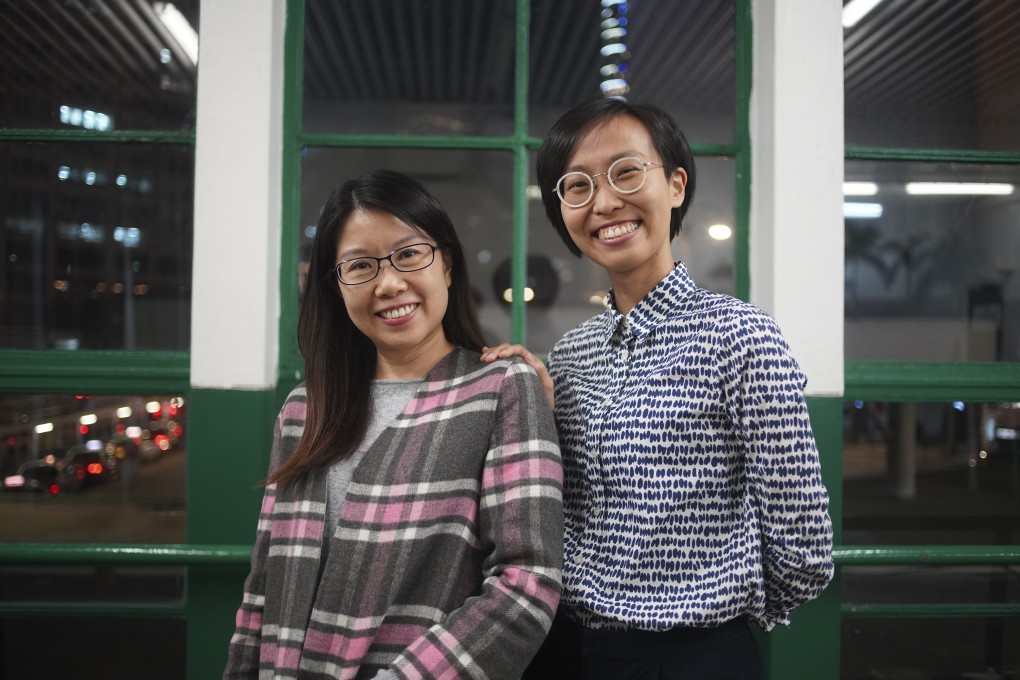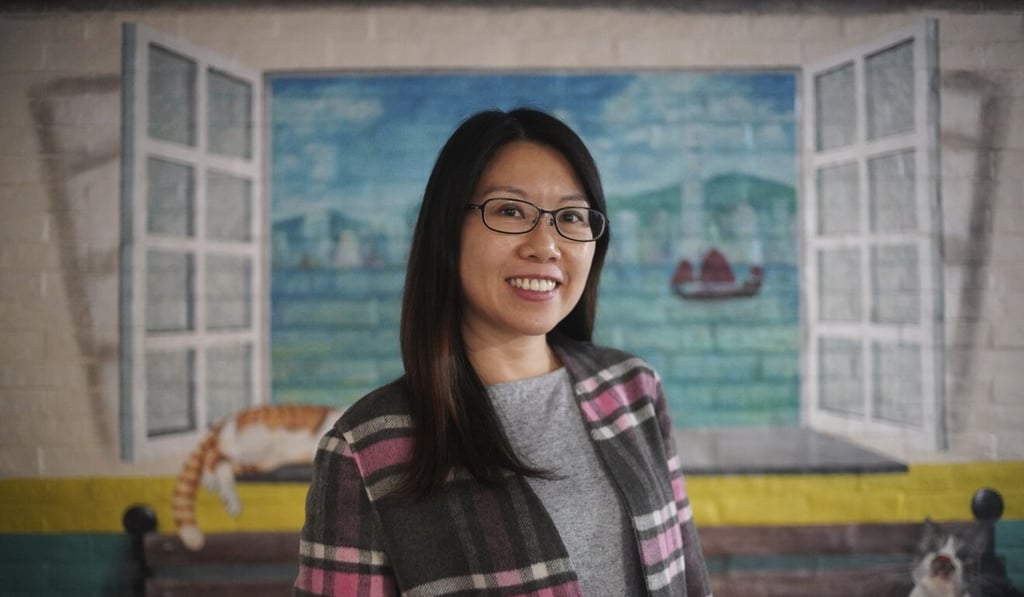Sharing experiences of mental health problems helps others deal with theirs, and social enterprise Storytaler facilitates the sharing
- Social enterprise Storytaler started in Hong Kong as a way to talk about mental health and deal with the stigma that surrounds it
- For volunteers, sharing their stories about mental health is therapeutic, but the main purpose is to educate others about what they may be going through

The first time Heidi Chan shared her struggles with anxiety and depression with a group of strangers she was on edge. She’d never spoken openly about her mental health issues with anyone outside her close group of friends – and here she was facing a gathering of 30 professionals.
“I was very nervous and scared. However, after I told my story, one of the executives raised his hand and asked how I felt during my depression and anxiety. Then he said he felt unstable sometimes, too. I thought, ‘You are a successful manager and yet you have the same problem as me’,” says Chan.
That was Chan’s first experience as a volunteer storyteller with StoryTaler, a social enterprise that promotes good mental health and seeks to reduce the stigma surrounding mental health issues. In the three years since, she has shared her experience with others in person and online. She says people always ask about how she coped during the difficult times, and tell her that hearing her story helps them deal with their own challenges.
“They can get a lot of knowledge from books or the internet, but they don’t know how to actually do it,” she says.

The value of sharing experiences is why clinical psychologist Amanda Chiu-Ming Li co-founded StoryTaler in 2015. At the time she was working towards her master’s degree in clinical psychology and she and her supervisor, Professor Winnie Wing-Sze Mak of the Chinese University of Hong Kong’s psychology department, wanted to find a way of talking to the public about mental health issues in a down-to-earth and relatable way.